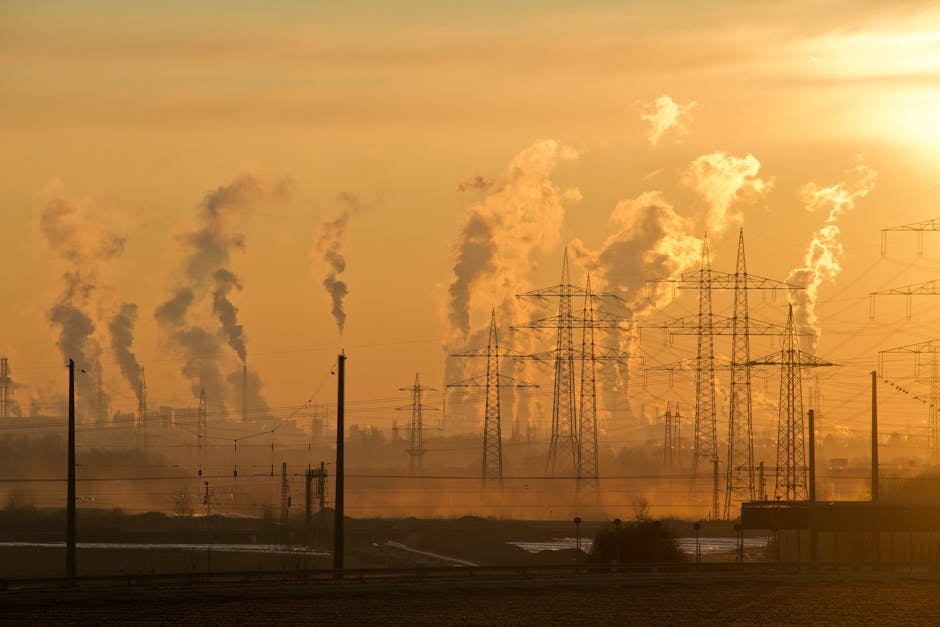Global warming, or climate change, refers to the continuing increase of Earth's global average temperature and is primarily caused by human emissions like burning fossil fuels and deforestation. This increasing level of emissions causes an increase in greenhouse gases such as carbon dioxide, trapping heat in the atmosphere. The consequences are far-reaching, impacting weather patterns, sea levels, ecosystems, and human health. Understanding the causes and effects of global warming is the first step towards taking action.
One of the most significant contributors to global warming is the burning of fossil fuels (coal, oil, and natural gas) for energy production, transportation, and industrial processes. When these fuels are burned, they release large amounts of carbon dioxide into the atmosphere, trapping heat and contributing to the greenhouse effect. Deforestation also plays a significant role, as trees absorb carbon dioxide from the atmosphere. When forests are cut down, this stored carbon is released back into the atmosphere, further exacerbating the problem.
The effects of global warming are already being felt worldwide. Rising global temperatures lead to more frequent and intense heatwaves, droughts, and wildfires. Melting glaciers and ice sheets contribute to rising sea levels, threatening coastal communities and ecosystems. Changes in precipitation patterns can lead to both floods and droughts, impacting agriculture and water resources. Ocean acidification, caused by the absorption of excess carbon dioxide by the oceans, harms marine life and disrupts ocean ecosystems.
While the challenge of global warming may seem daunting, there are many actions individuals can take to reduce their carbon footprint and contribute to a solution. Transitioning to renewable energy sources like solar and wind power is crucial. Improving energy efficiency in homes and buildings can significantly reduce energy consumption. Adopting sustainable transportation options such as walking, cycling, public transport, and electric vehicles can lessen reliance on fossil fuel-powered vehicles.
Supporting policies and initiatives that promote sustainability and address climate change is also essential. Advocating for stricter emissions regulations, investing in renewable energy research and development, and supporting carbon pricing mechanisms can create systemic change. Educating oneself and others about the causes and effects of global warming can empower individuals to make informed choices and advocate for change.
Making conscious consumer choices can also have a significant impact. Reducing meat consumption, particularly red meat, can lessen the environmental impact of livestock farming. Choosing locally sourced and sustainably produced goods can reduce transportation emissions and support environmentally responsible practices. Minimizing waste by reducing, reusing, and recycling can also contribute to a lower carbon footprint.
In addition to individual actions, collective efforts are crucial to addressing the global challenge of climate change. International cooperation and agreements, such as the Paris Agreement, are essential for setting global targets and coordinating efforts to reduce emissions. Businesses also have a significant role to play in adopting sustainable practices, investing in renewable energy, and reducing their environmental impact.
By understanding the causes and effects of global warming and taking individual and collective action, we can work towards mitigating its impact and creating a more sustainable future. Every action, no matter how small, can contribute to a larger solution. The collective effort of individuals, governments, and businesses is essential to address this global challenge and protect the planet for future generations.

